School Of Language lança segundo disco após seis anos
Posted in: UncategorizedSchool Of Language é uma banda (infelizmente) pouco conhecida. É o projeto paralelo de David Brewis, originalmente líder de outra banda ainda menos conhecida, a Field Music.
Ambas as bandas transitam em um território pop alternativo de muito bom gosto e fazem um som que lembra desde The Futureheads até TV On The Radio. Diferente do que eles fizeram em seu álbum de estreia (onde quase tudo era num tempo quebrado, sem refrões grudentos e melodias nada amigáveis para o rádio), o single novo é um pop um pouco mais palatável. Dress Up tem uma aura retrô (que single de hoje em dia não tem?) que mescla belos vocais com detalhes bem pensados de arranjo, principalmente no final.
Eu gosto deles porque sei que não vou ouvir aquela mesma guitarra com os mesmos 4 acordes com o mesmo andamento de sempre. Nada contra, eu adoro esse tipo de indie rock, mas às vezes é bom ouvir algo que você não espera.
E o legal do do School Of Language é que eles entregam justamente o que você não espera. Não é o pop mais fácil do mundo, mas vale a pena insistir.
Mês que vem sai o segundo disco do projeto School Of Language, chamado Old Fears. Demorou esse tempo todo porque David estava trabalhando em mais um álbum da Field Music e excursionando com ela. Agora ele voltou para seu plano B e parece estar tão ou mais à vontade aqui do que em seu trabalho oficial.
Se você gostar da musica acima, procure o primeiro disco e divirta-se.
 Post originalmente publicado no Brainstorm #9
Post originalmente publicado no Brainstorm #9
Twitter | Facebook | Contato | Anuncie

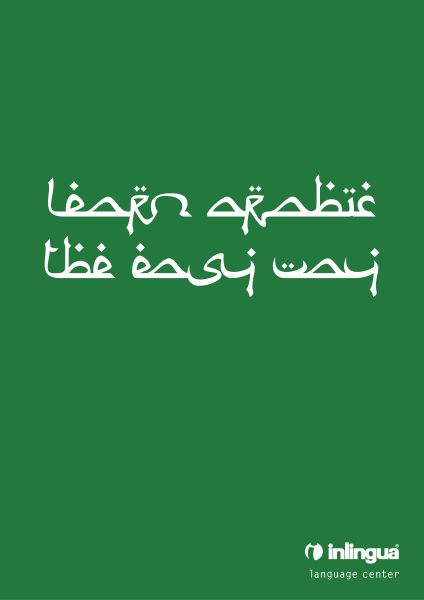
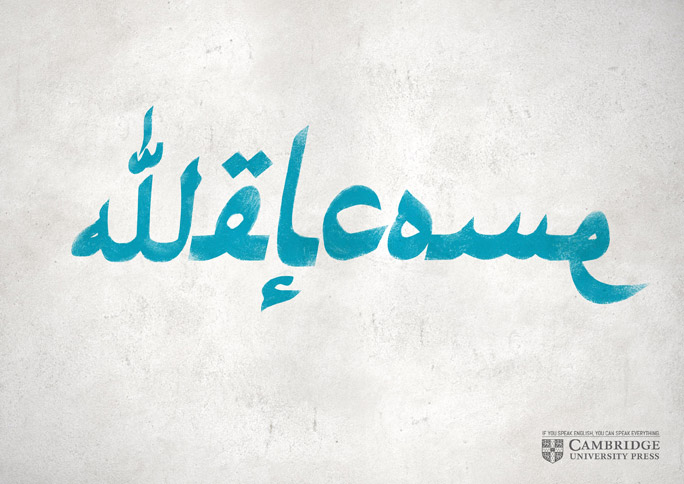
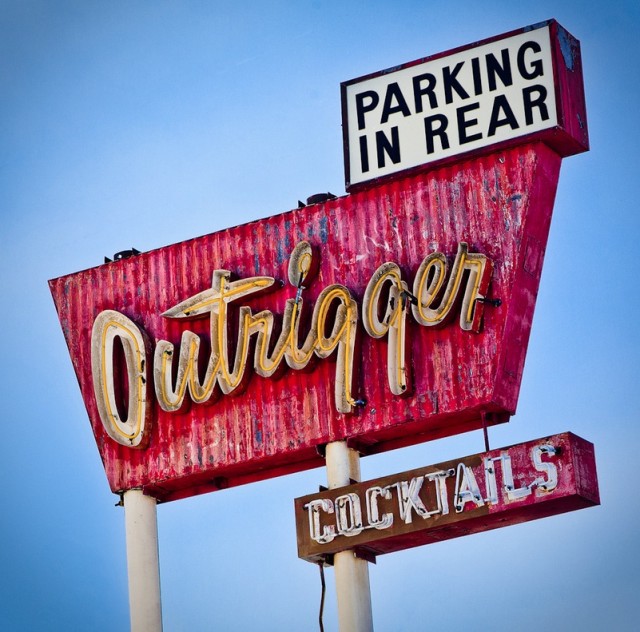
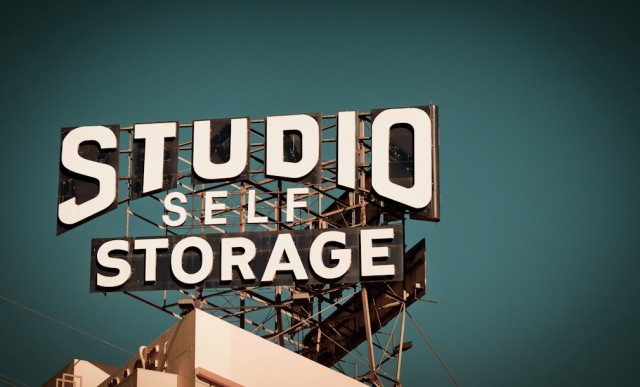
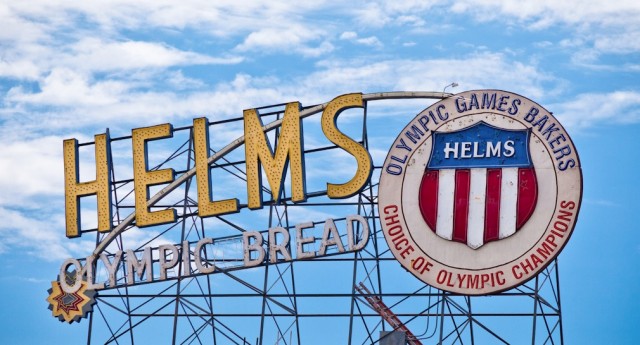
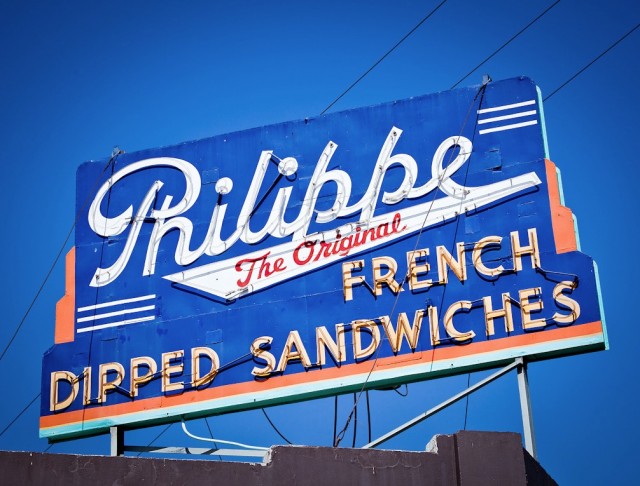

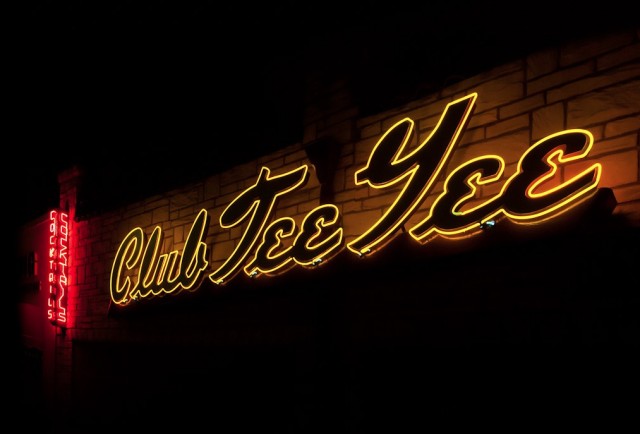
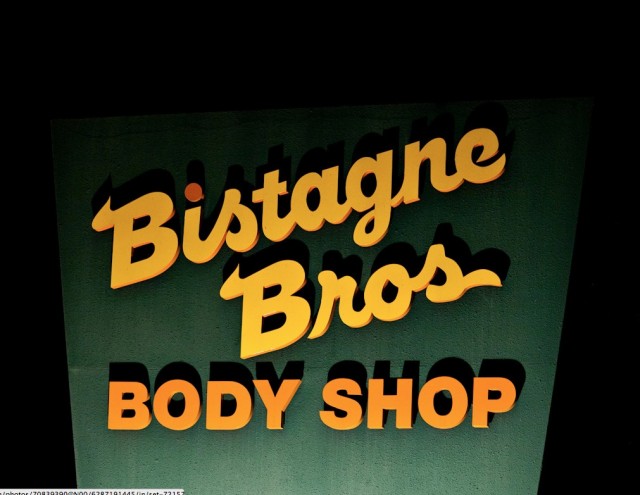
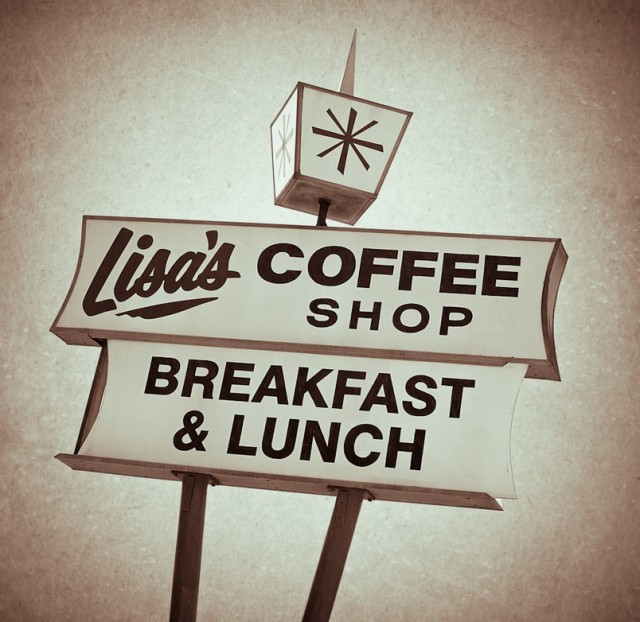
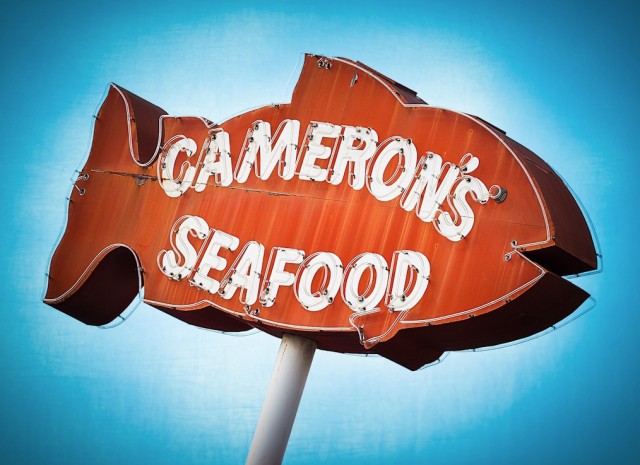
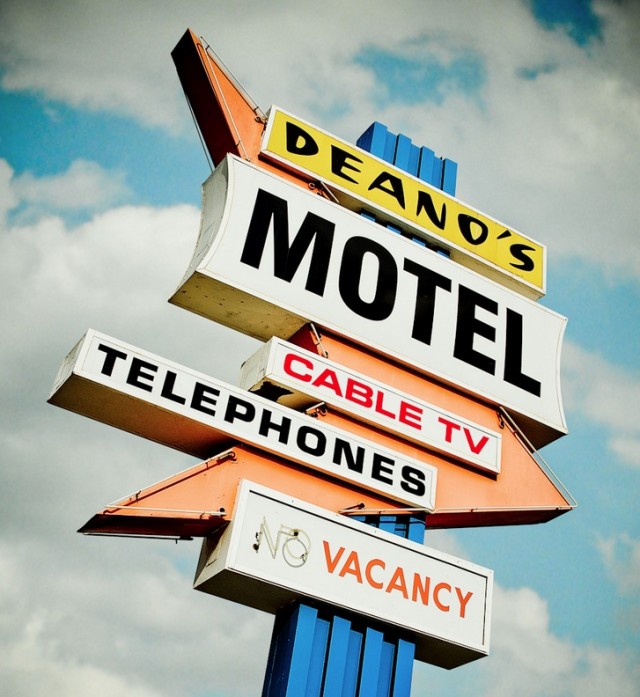
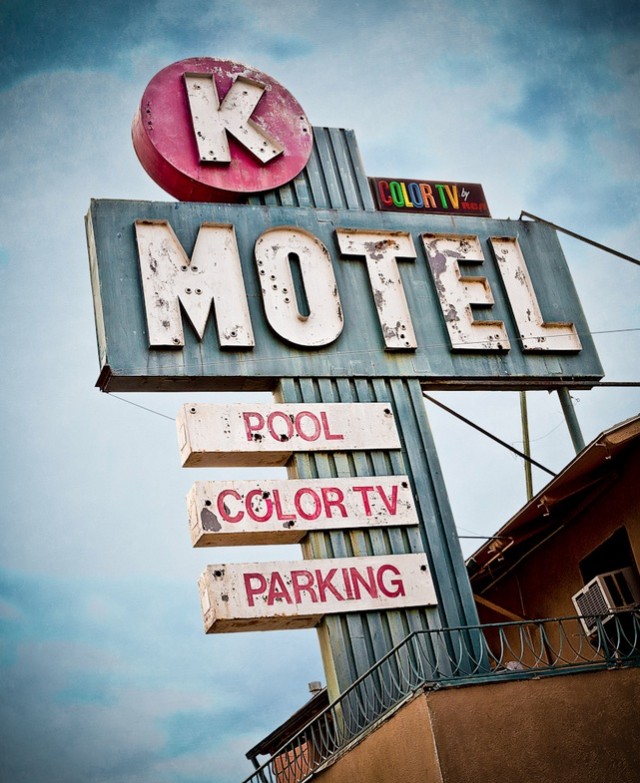

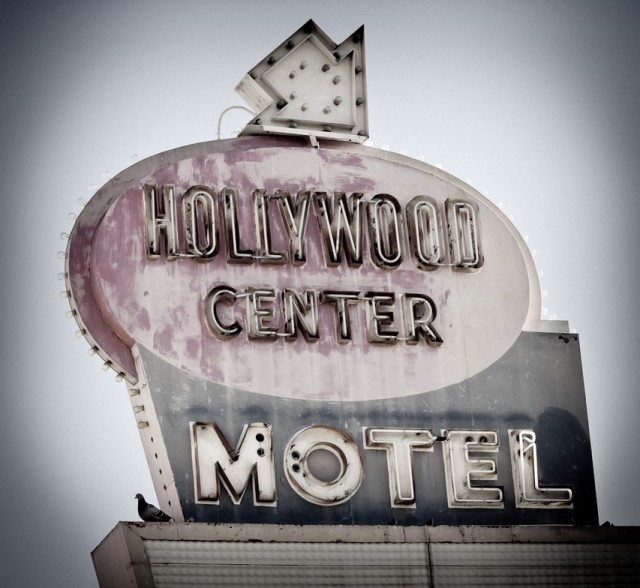
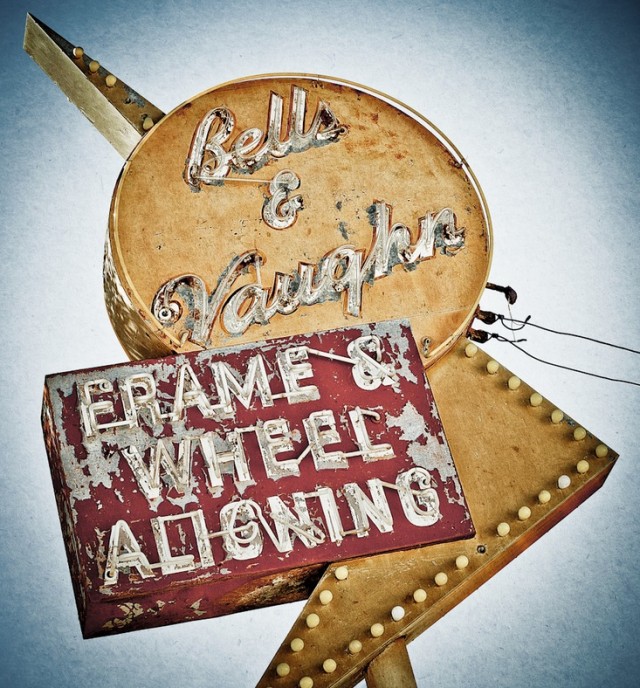

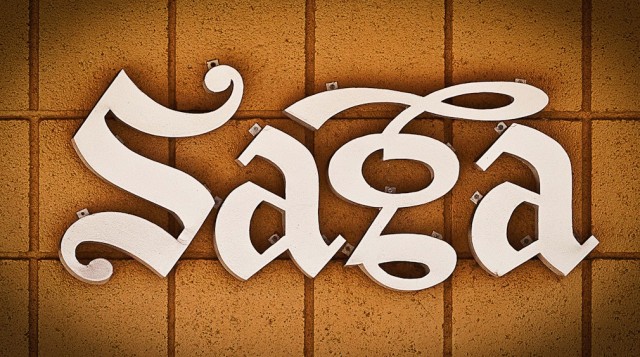

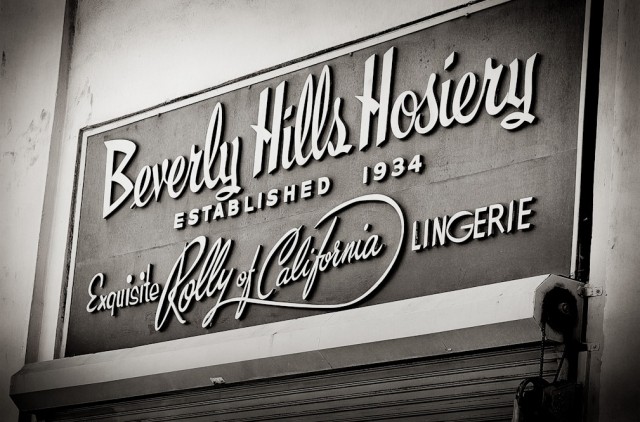

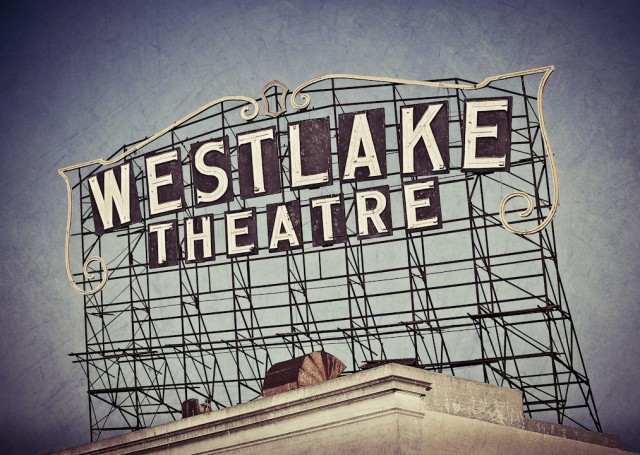

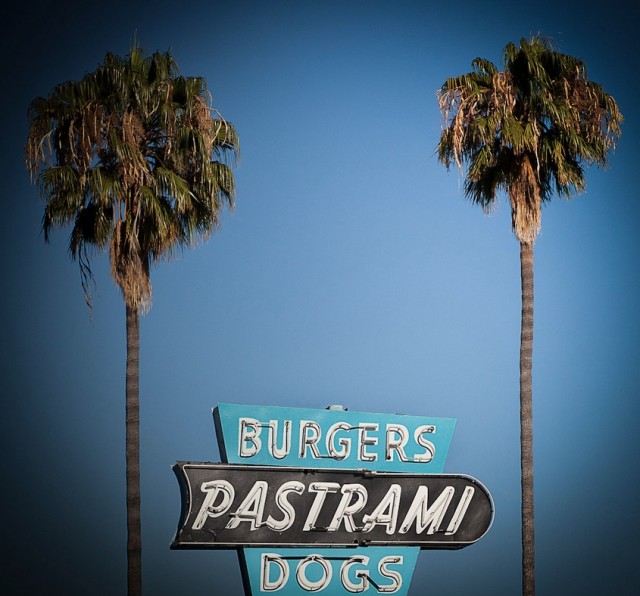
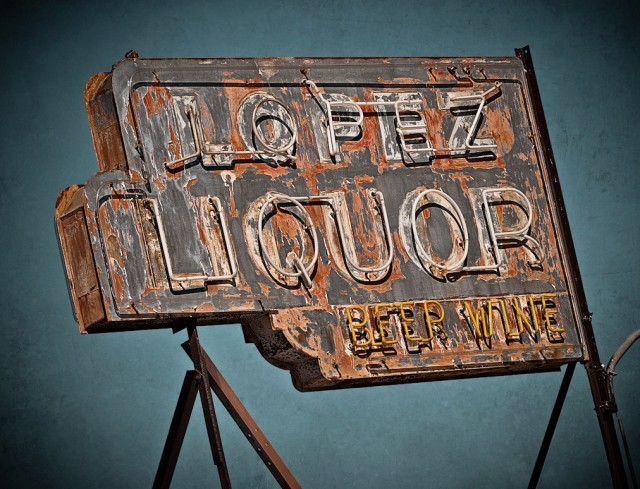
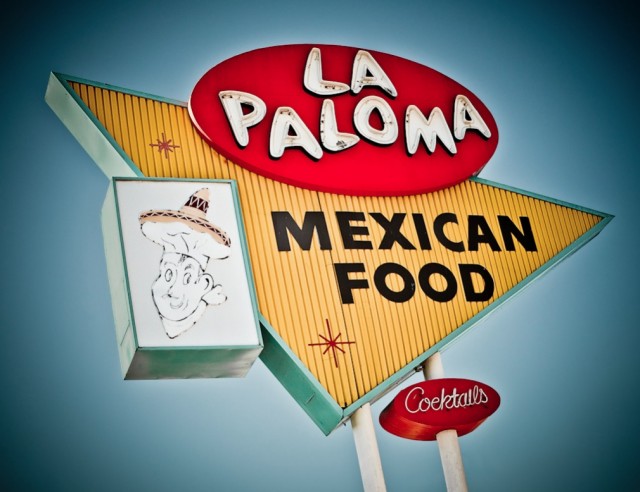
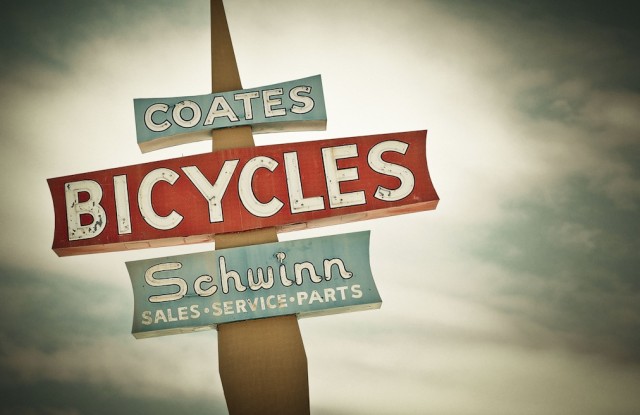
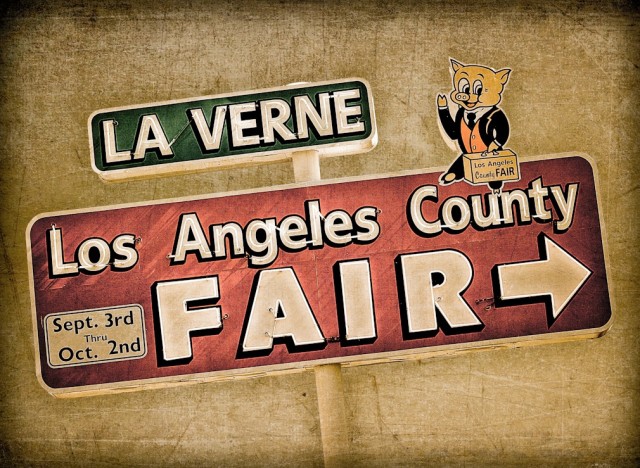
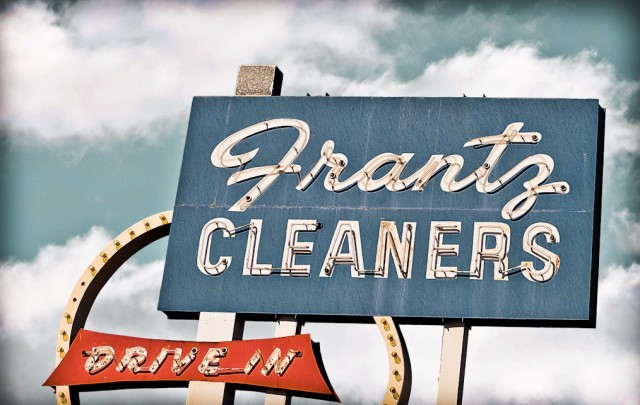
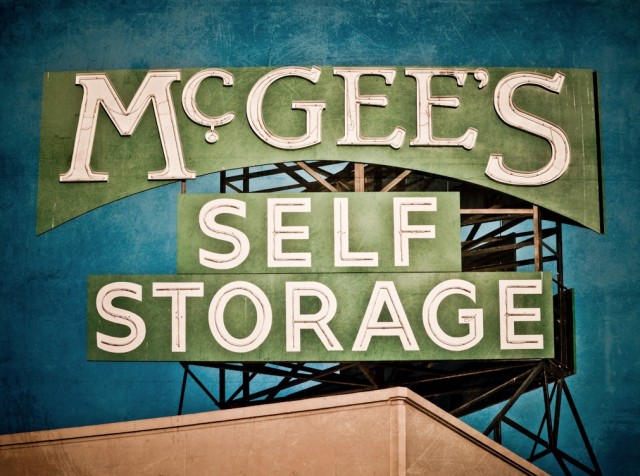


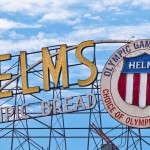
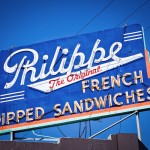


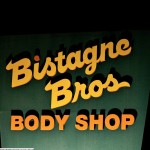

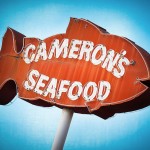
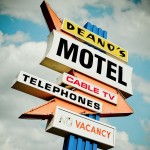
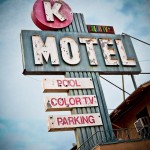


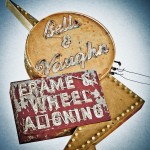

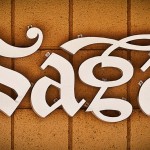





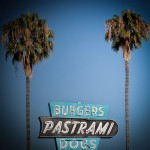

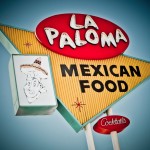

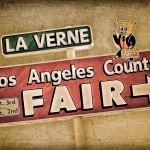



 We all know social media is changing the way we connect with people, but it’s also affecting the way we communicate with each other; that is when we actually speak instead of text, tweet or write on someone’s wall. I have one friend in particular, who tends to use the phrase “O.M.G.” for everything (for those few out there who do not know what that stands for, it’s “Oh my God”) in normal conversations.
We all know social media is changing the way we connect with people, but it’s also affecting the way we communicate with each other; that is when we actually speak instead of text, tweet or write on someone’s wall. I have one friend in particular, who tends to use the phrase “O.M.G.” for everything (for those few out there who do not know what that stands for, it’s “Oh my God”) in normal conversations.